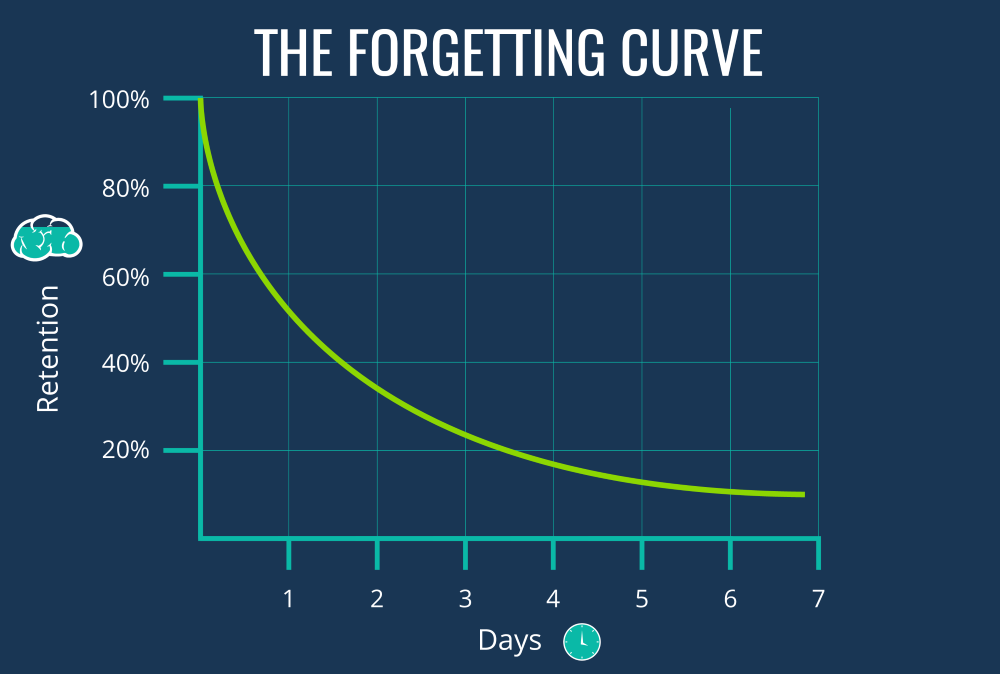
AI training inside the extended Metaverse
↓
ROLE
Principal UX Researcher
Product Researcher
AI Content Creator
Product Ideation
TEAM
1 Master Inventor
2 Directors of Product
1 Principal Designer
TOOLS
Google Forms
IBM AIX (Unix)
USPTO
Justia
TIMELINE
4 Weeks
Jan 2023 - Mar 2023
Testimonials
"Adaptive AI in the Metaverse is a game-changer for workforce training and Charles played a key role in disrupting the status quo — by showcasing an AI model that dynamically adapts to real-time scenarios, he enabled us to better prepare its users for challenging environments. His innovative approach has elevated our training initiatives, ensuring employees are more confident, capable, and ready for critical situations like never before."
- Head of Immersive Media @ Meta, Reality Labs
The Brief
"Traditional training methods aren’t enough to prepare workers for high-stress and possibly dangerous scenarios. We need an AI-driven Metaverse solution where touchpoints adjust in real-time, creating a smarter, more immersive training experience."
The Solution + My Role at a Glance
As a Principal UX Researcher on this Meta project, I focused on analyzing existing workforce training programs, identifying their limitations, and investigating how they impacted employees in high-intensity environments.
My research uncovered significant gaps in information retention and skill application, particularly in complex and fast-paced situations. This insight led me to propose an AI-driven training assistant that dynamically adapts to users in real time. This concept evolved into a groundbreaking, patented AI solution designed to improve engagement, retention, and overall workforce readiness — transforming the way employees prepare for critical workplace challenges.
Research
First, in order to grasp the necessity of changing how we train workers, it’s essential to understand the “Forgetting Curve”.
Traditional methods often fail to ensure long-term retention of critical knowledge. The Ebbinghaus Forgetting Curve reveals:
Within 1 hour, people forget an average of 50% of new information.
Within 24 hours, they forget 70% of what they learned.
This leaves only 30% retention without any reinforcement.
For industries requiring high-performance decision-making, this loss of knowledge can be detrimental. Employees who don't retain essential skills are unprepared for high-stress situations, increasing risks across various sectors.
The financial implications are substantial — corporations spend $87.6 billion annually on training, but a large portion of this investment is wasted due to poor retention.
To address this, my research at Meta explored a new frontier: AI-driven adaptive learning in the Metaverse. By using real-time AI adjustments and immersive simulations, we aimed to revolutionize how training is delivered, ensuring greater effectiveness, engagement, and retention.
Opportunity
How might we better support people with varied learning speeds as they train for complex environments?
Ideation
The AI model must achieve these criteria to be considered successful:
Retention: AI-driven personalization must increase knowledge retention from 30% to 80%, reinforcing key concepts for real-world application.
Traditional training often fails to reinforce essential information, leading employees to forget critical knowledge shortly after training. My research led to the development of an adaptive learning model that customizes the pace, preferences, and knowledge gaps of each learner, significantly boosting retention rates.
Scalability: The solution must enable seamless, real-time training across a global workforce, eliminating logistical barriers.
Immersive training methods, like in-person workshops or VR, face scalability challenges. Our AI solution solves this by creating a virtual learning environment that allows organizations to train employees in real-time across various locations while adapting to individual learning needs.
Immersion: High-stakes simulations must dynamically respond to user decisions, preparing employees for real-world challenges.
Traditional training fails to mimic the stress and unpredictability of real-life scenarios. Our system recreates high-pressure workplace situations within the Metaverse, where AI interacts with users in real-time, helping them build critical thinking and decision-making skills under stress—without the consequences of failure in a real-world setting.
Cost-Effectiveness: Traditional training programs come with a hefty price tag. e.g., costly in-person instructors, travel, and repeat sessions. My AI-driven solution eliminates these expenses by providing scalable, on-demand training in the Metaverse. This reduces costs associated with physical setups, instructor fees, and travel, while still delivering effective and high-quality learning experiences. As a result, companies get better ROI with continuous, cost-effective training that not only improves retention but also prepares employees for real-world challenges.
Performance Analytics: The AI solution goes beyond training—it tracks and analyzes employee performance in real time. By measuring cognitive responses, decision-making patterns, and biometric feedback (e.g., stress levels and reaction times), the system offers personalized coaching and valuable insights. This data-driven approach allows organizations to pinpoint knowledge gaps, refine training methods, and ensure teams are prepared for high-pressure situations. It’s a smarter, more agile workforce ready to take on real-world challenges with confidence.
Reflection
In summary, this project was about reimagining how workforce training could evolve to address issues like retention, scalability, and immersion. The AI-driven adaptive learning model we developed in the Metaverse solved these challenges by offering personalized learning experiences and realistic simulations. The result? Employees become better equipped to handle high-stress situations and make more informed decisions in the field.
One of the highlights of this project was working with my team to patent the AI model. The patent was awarded because our solution addressed an unmet need in workforce training — improving both retention and scalability while delivering real-time, immersive experiences.
The impact of this solution goes beyond just improving training processes, though. It’s reshaping the way industries approach learning, making it more accessible, efficient, and measurable. I’m excited to see how this work continues to influence training practices and how it will revolutionize team development across industries in the future.

